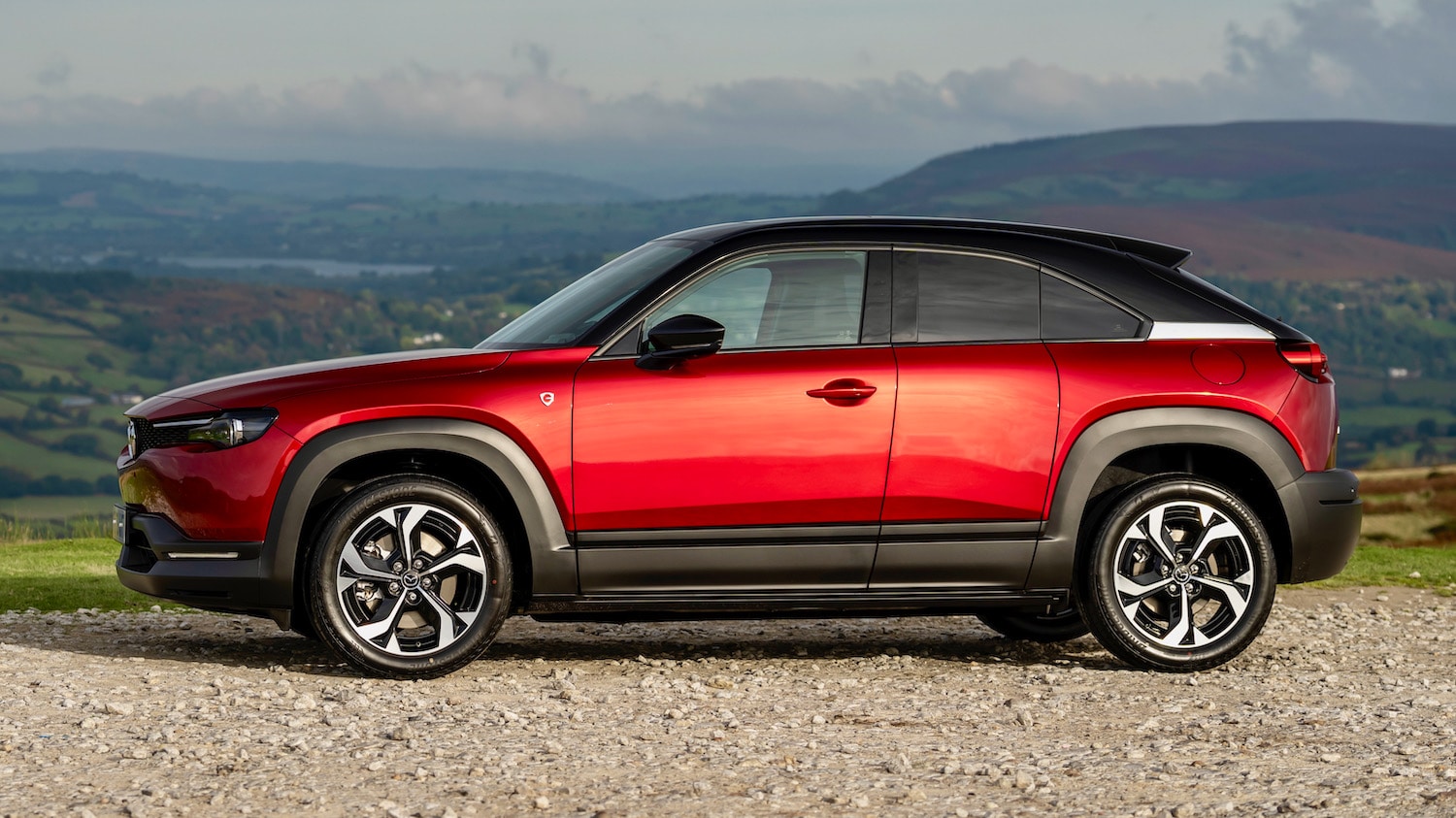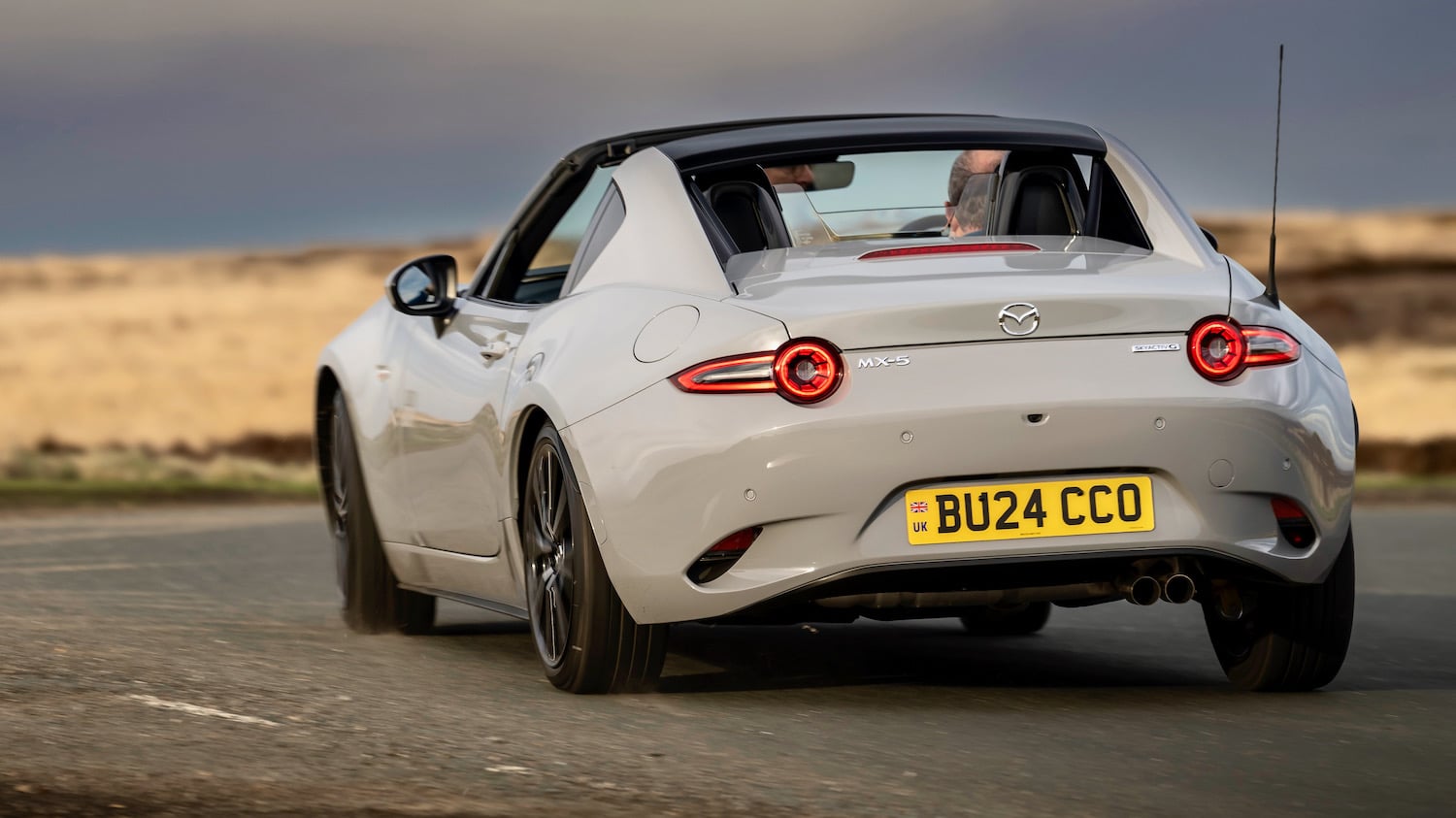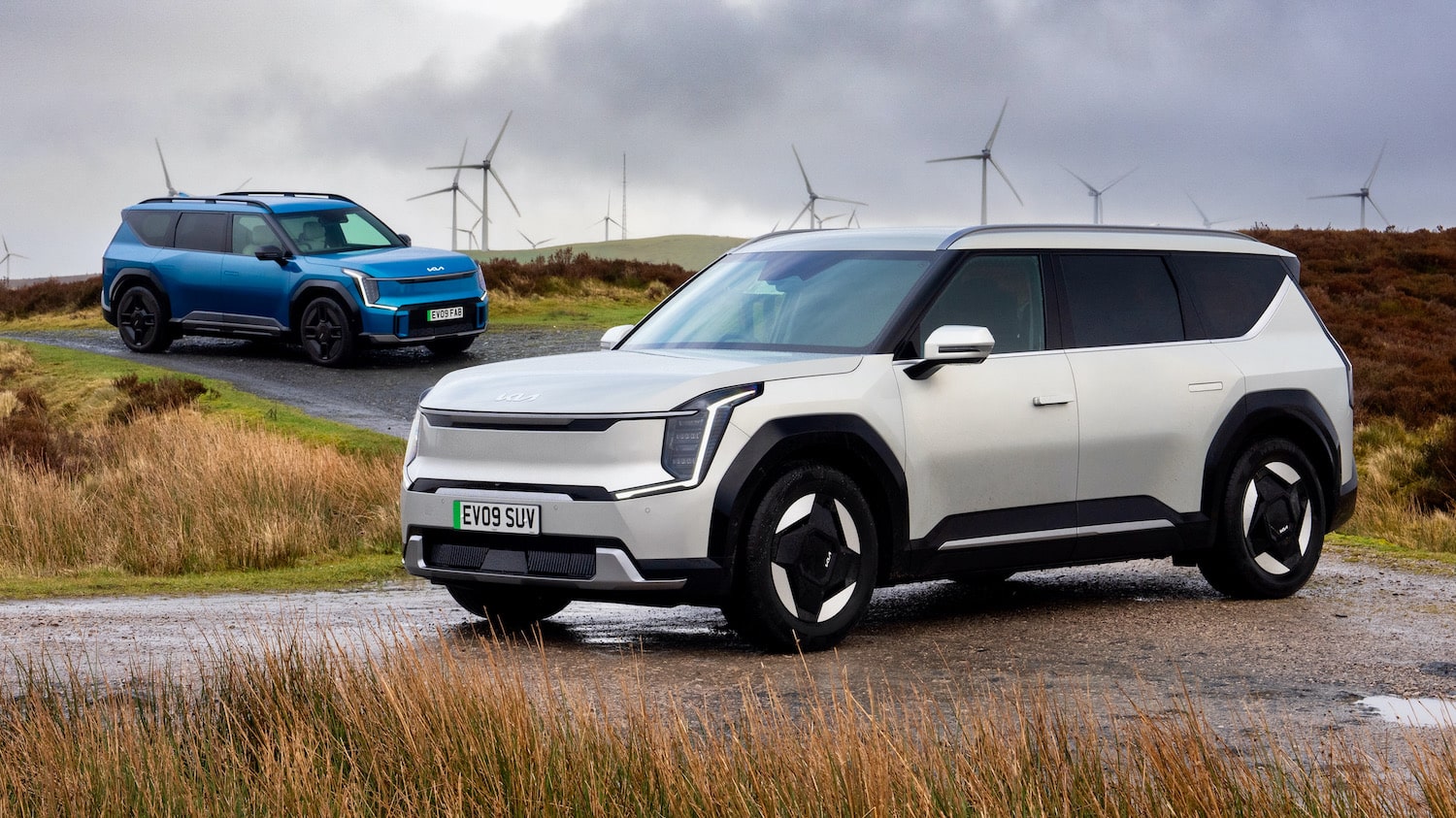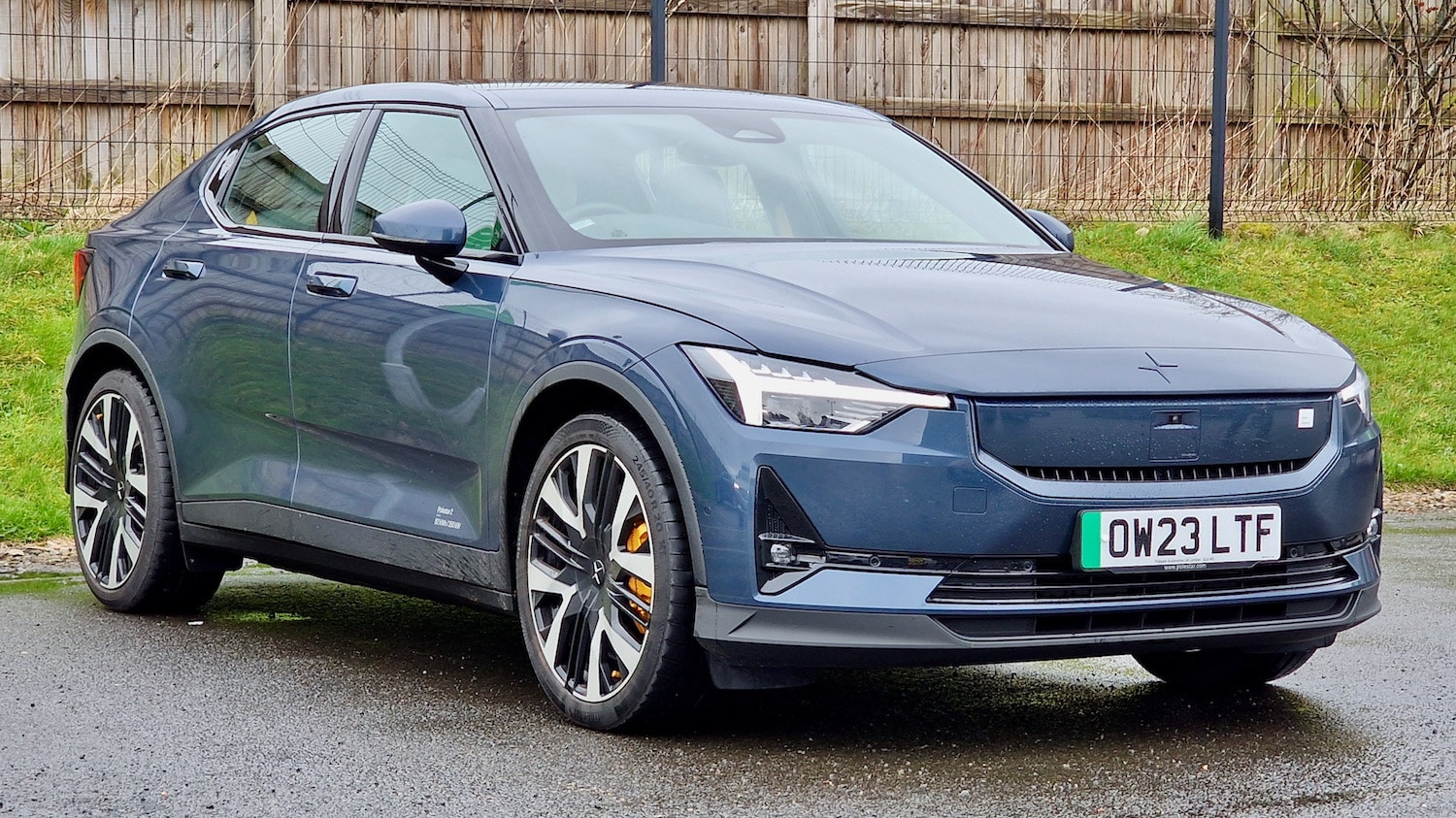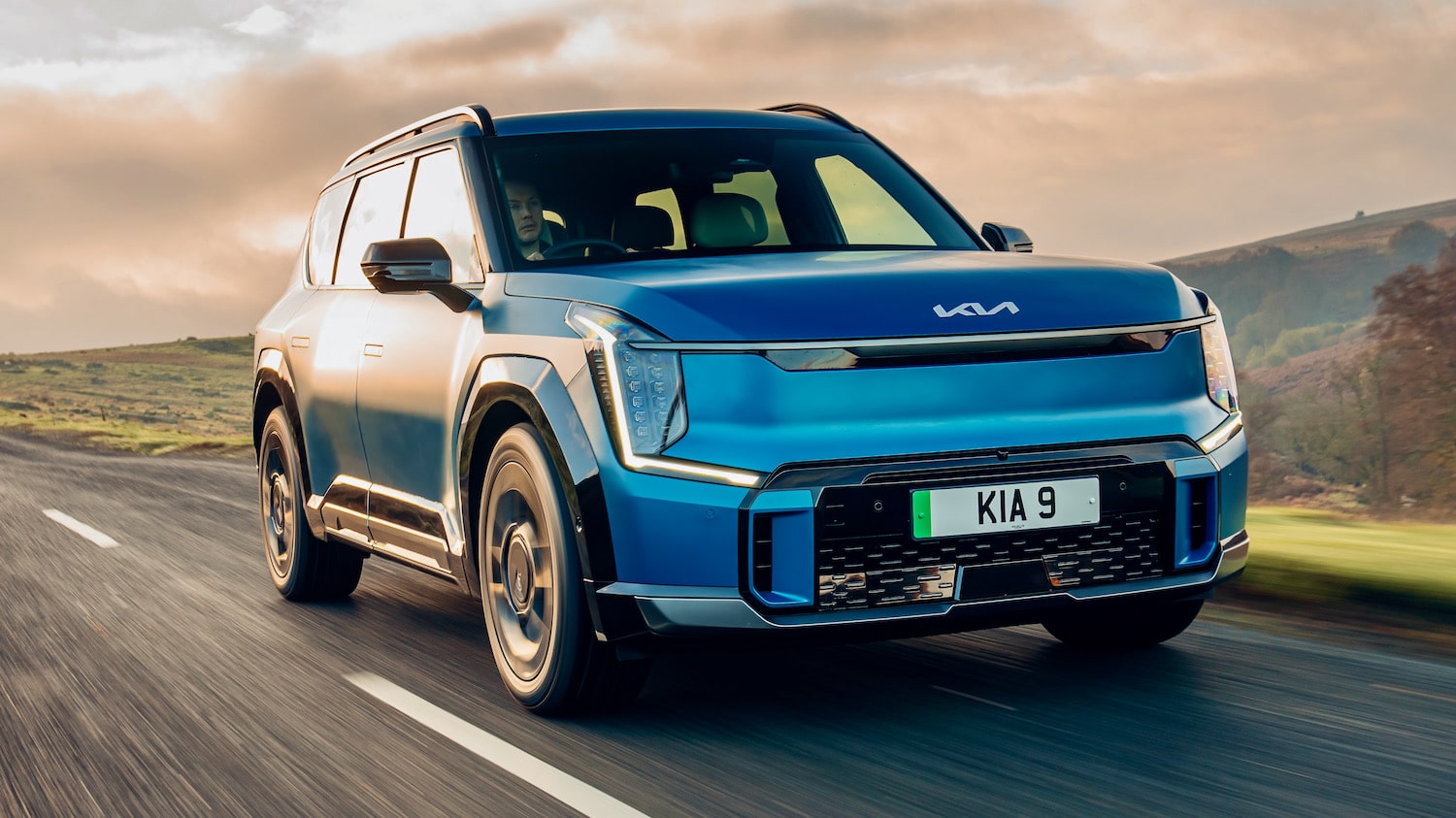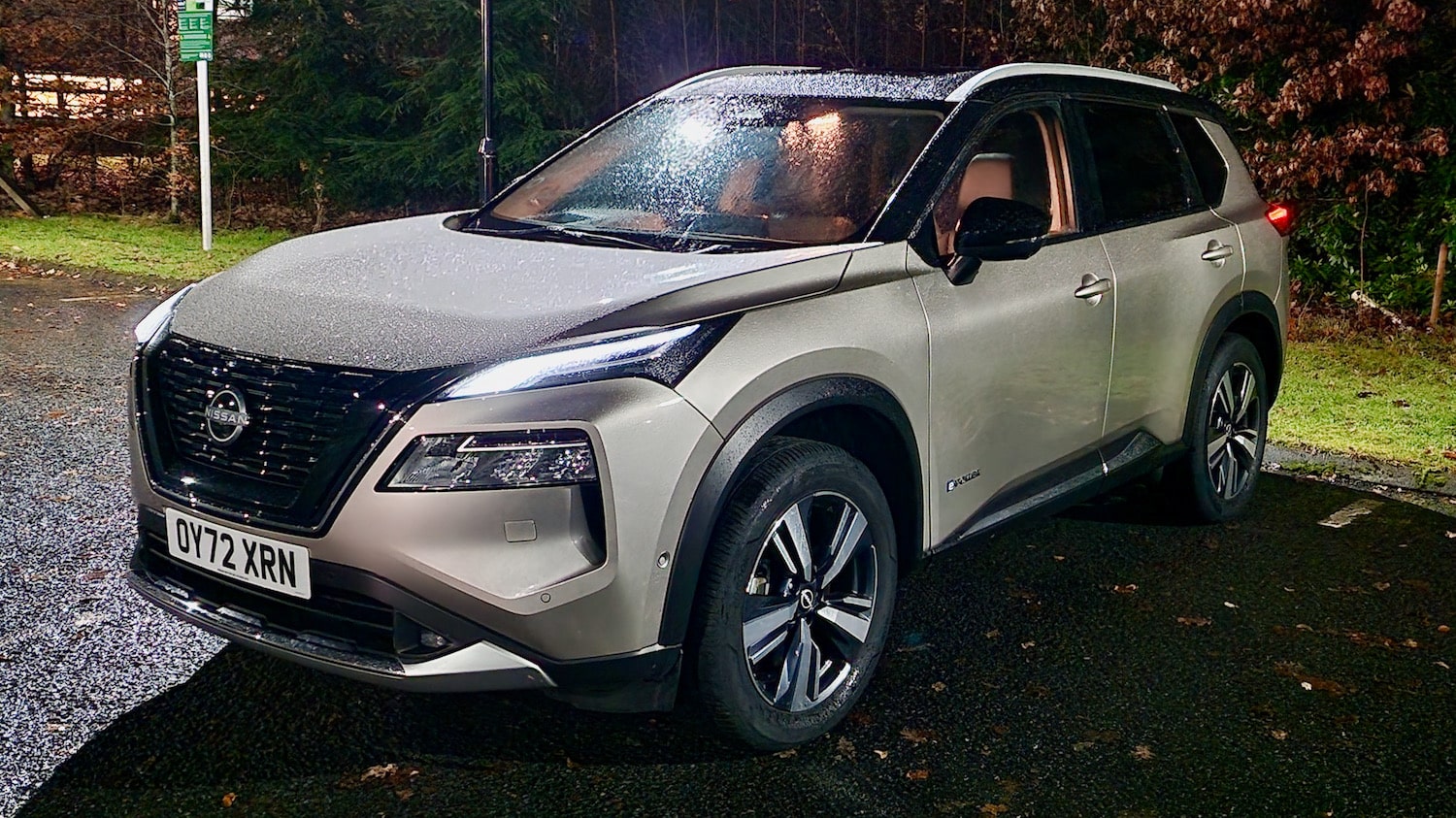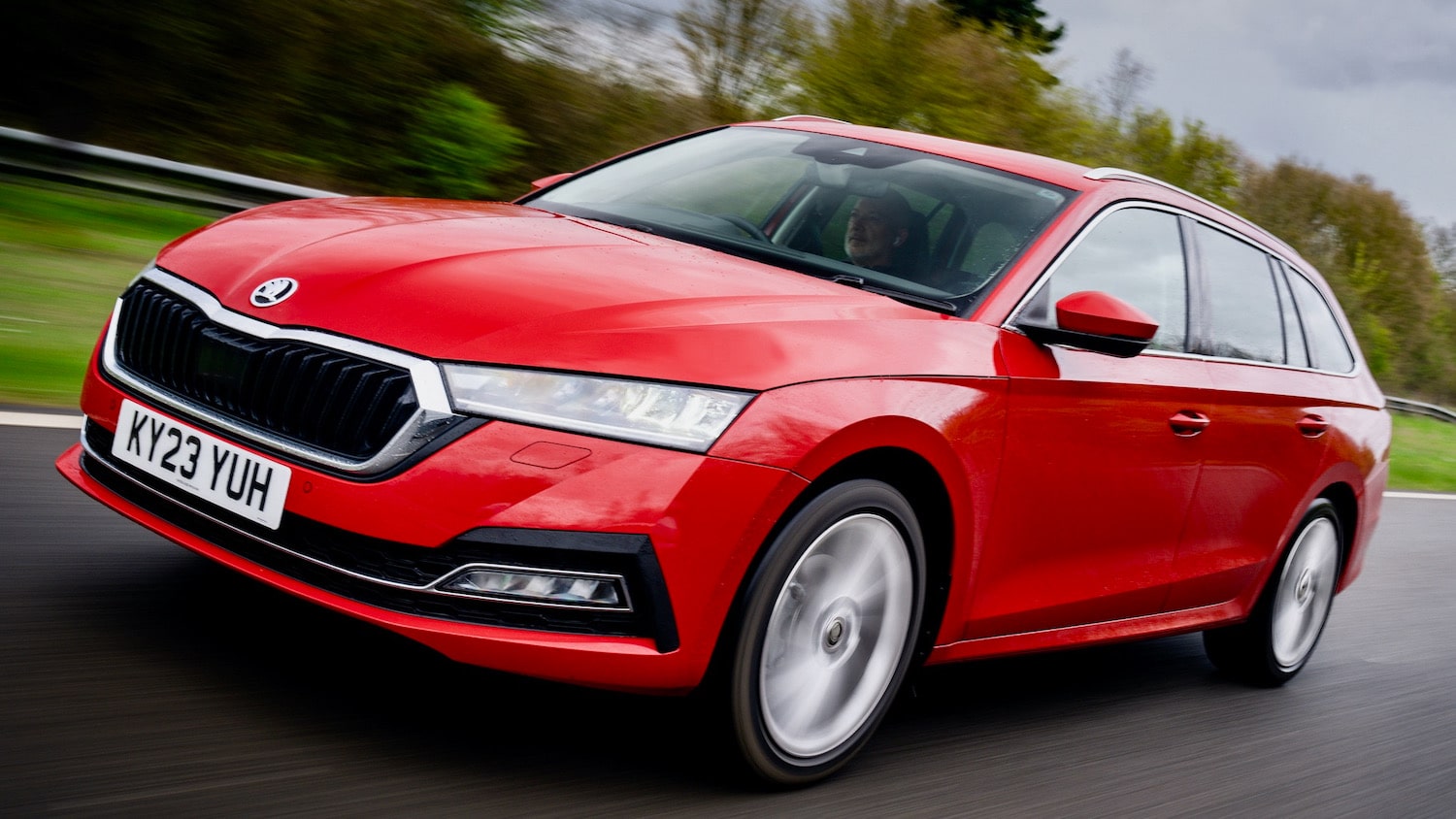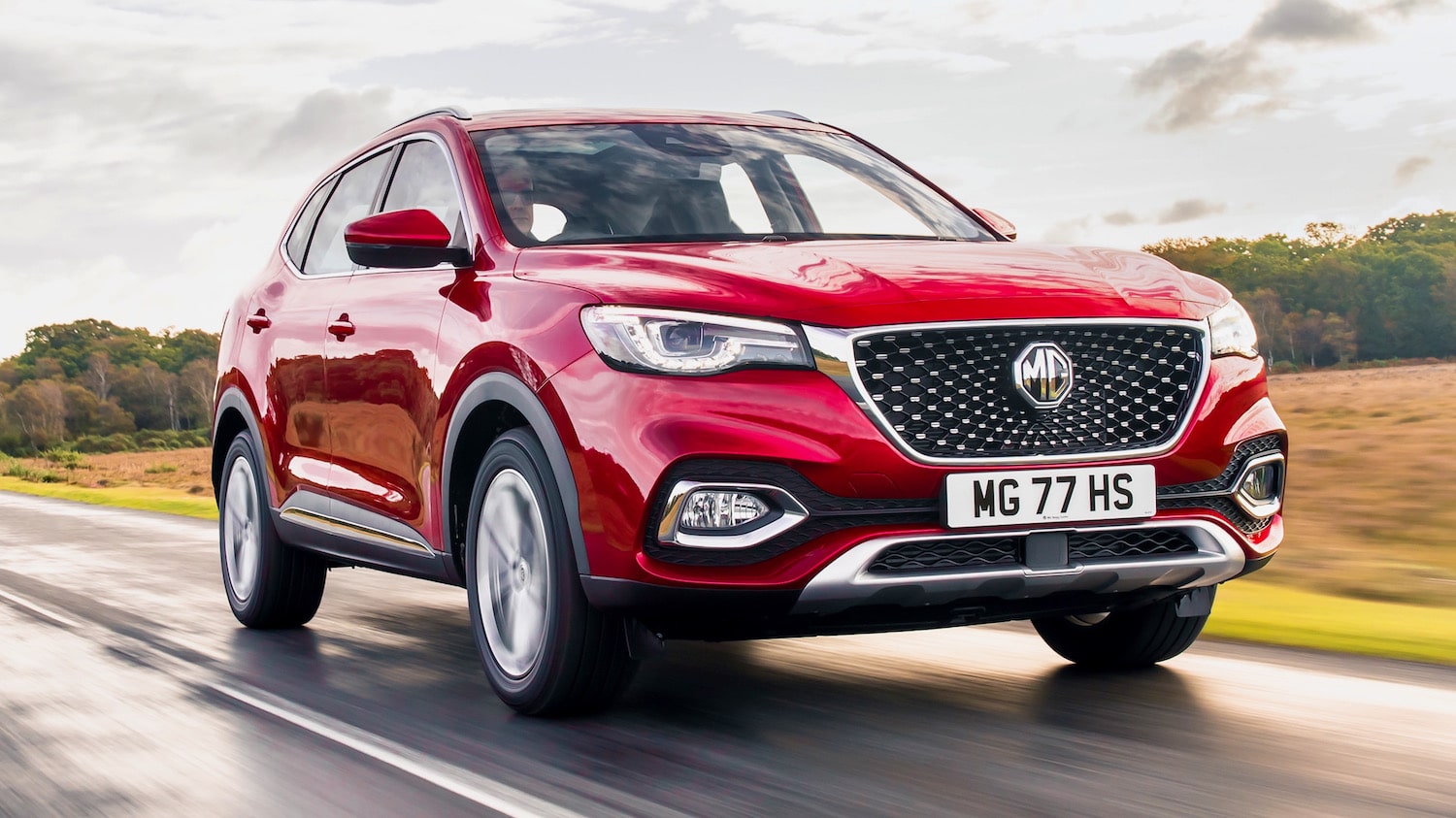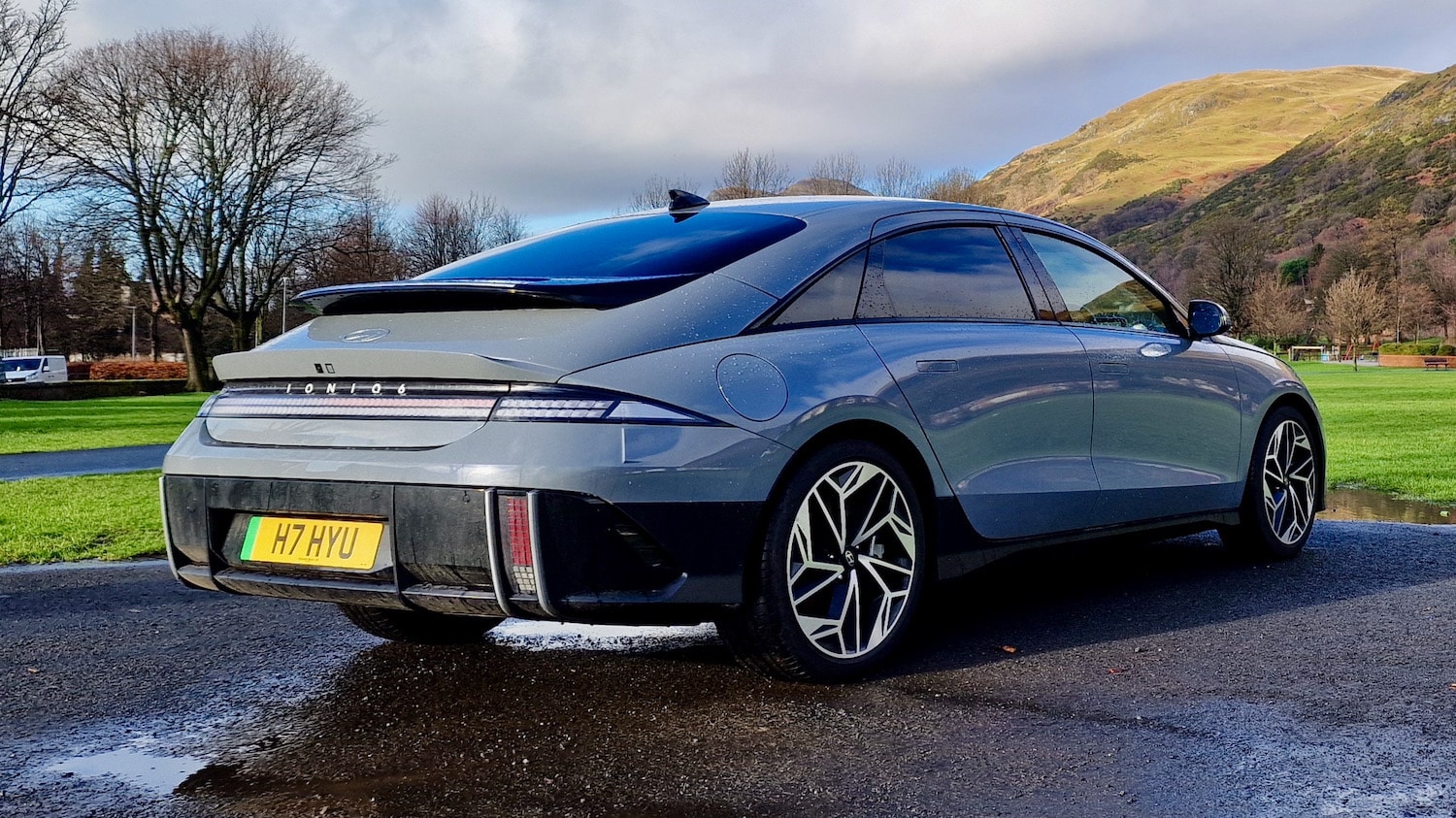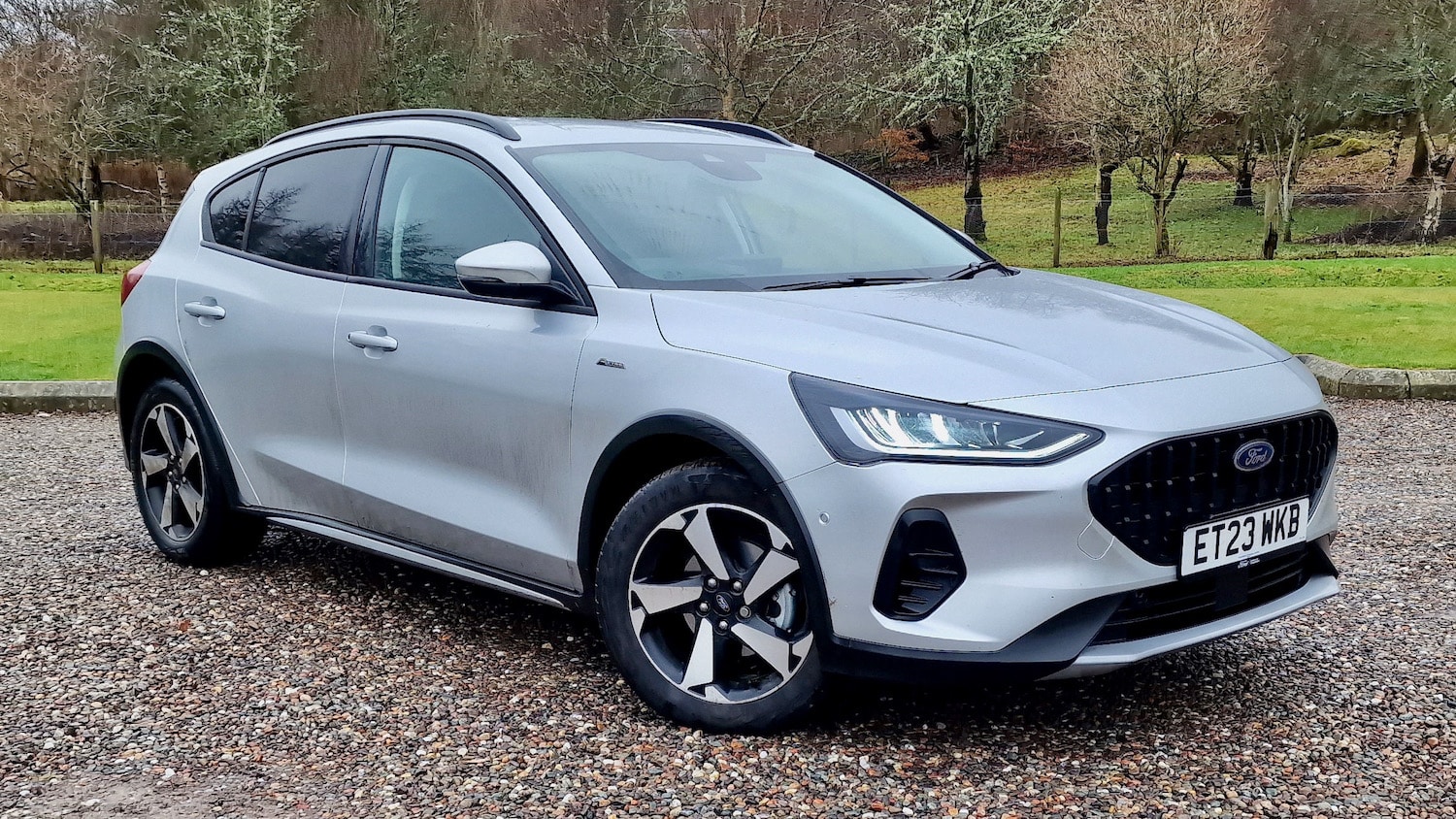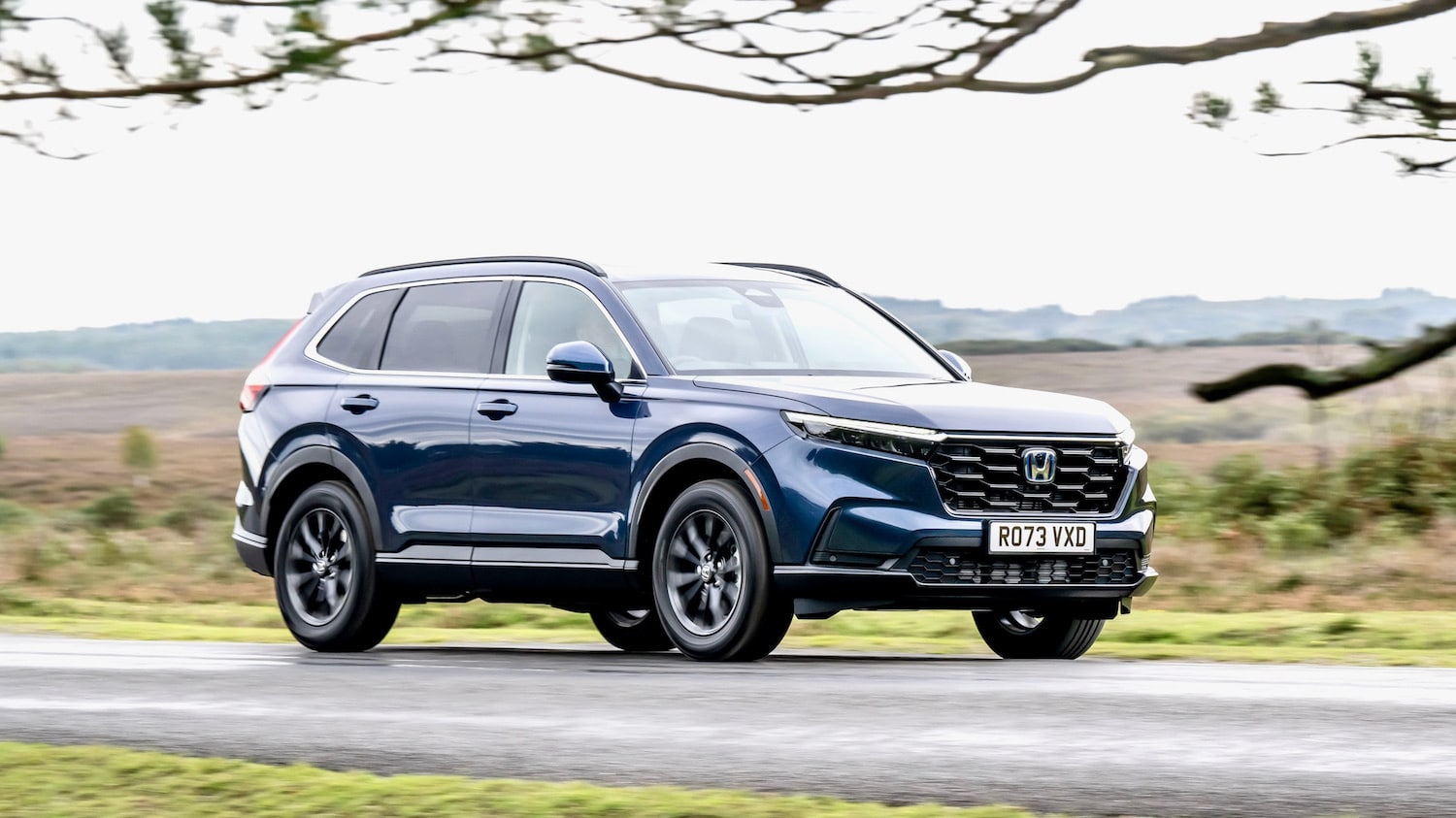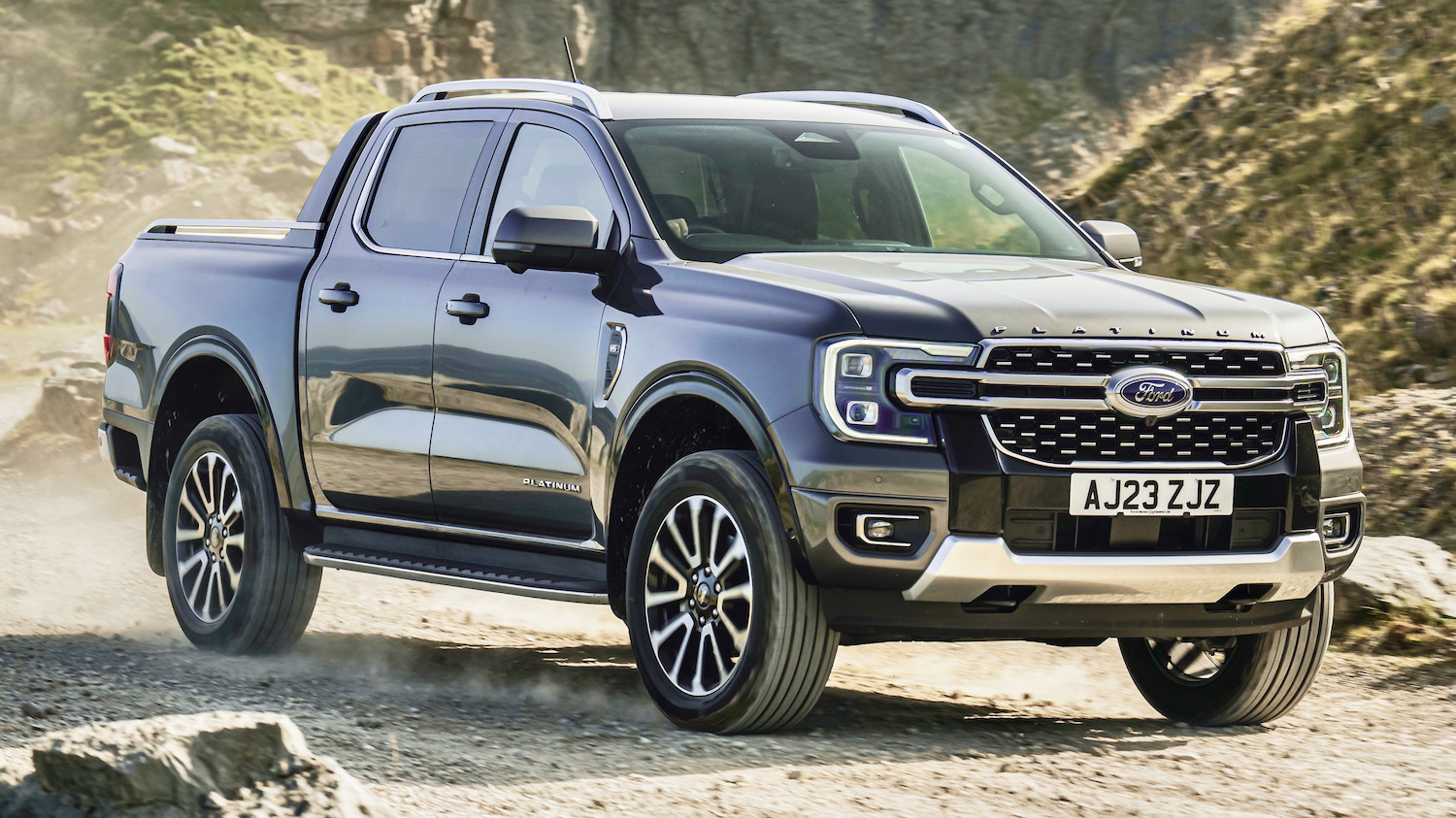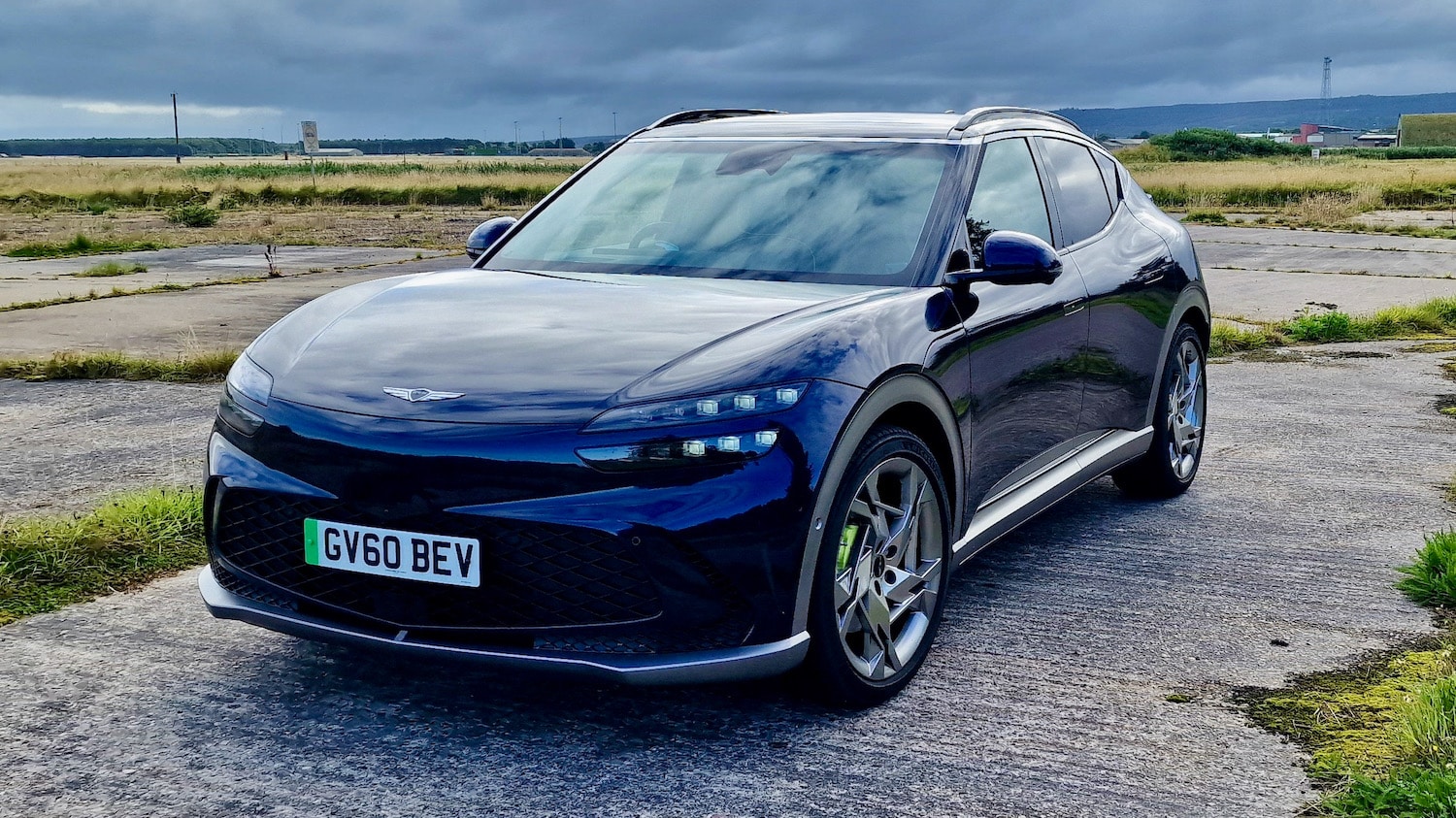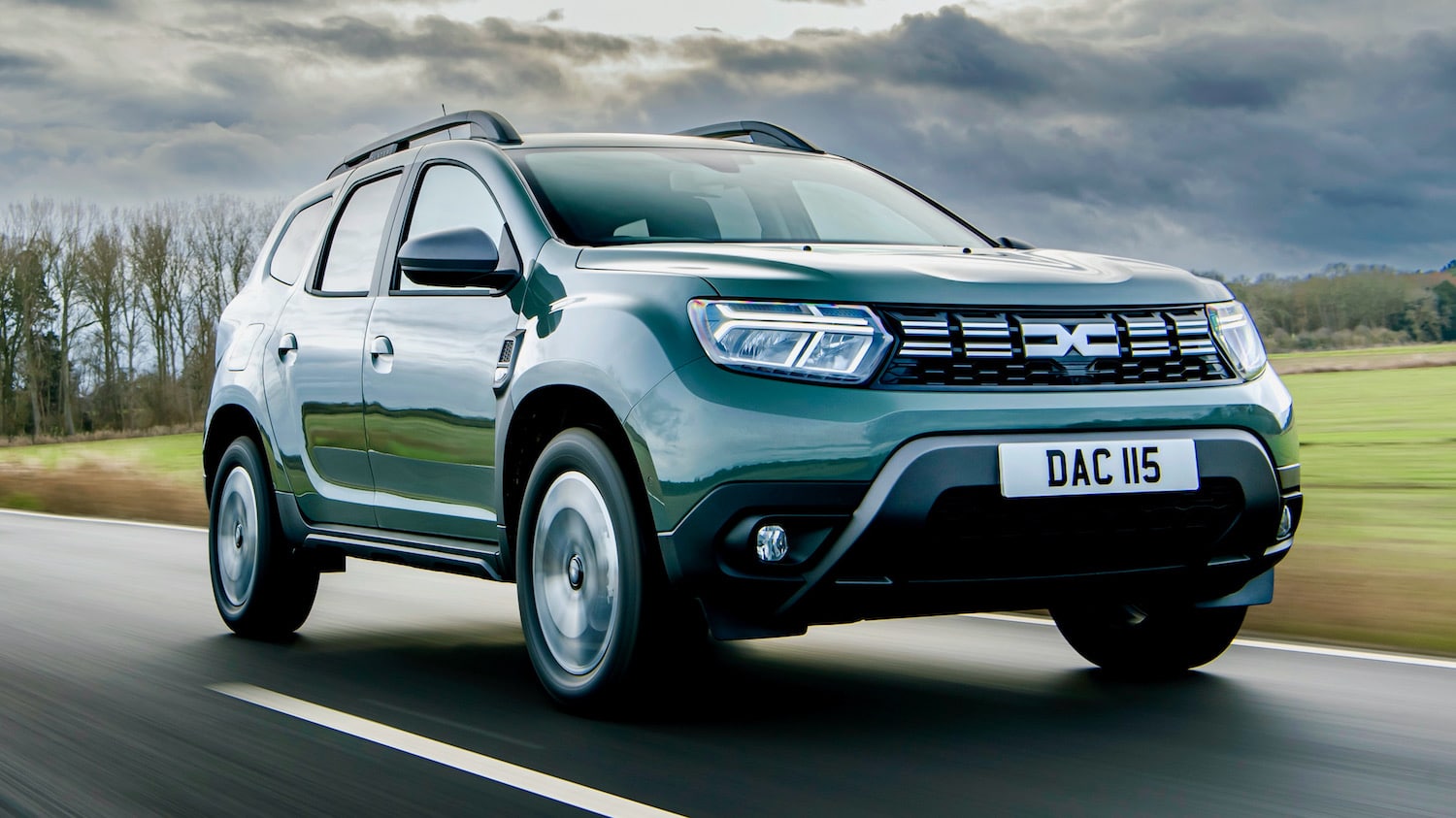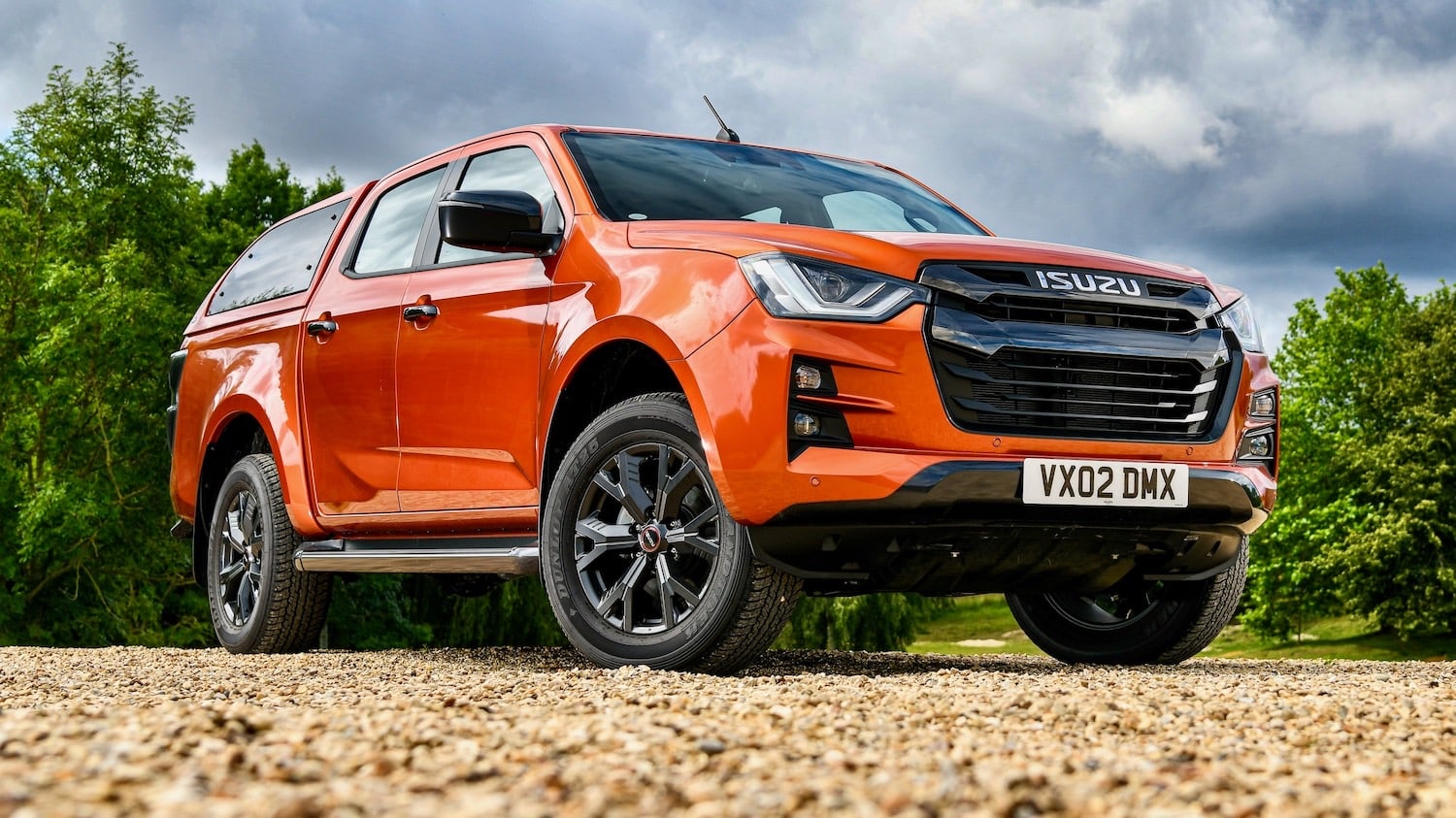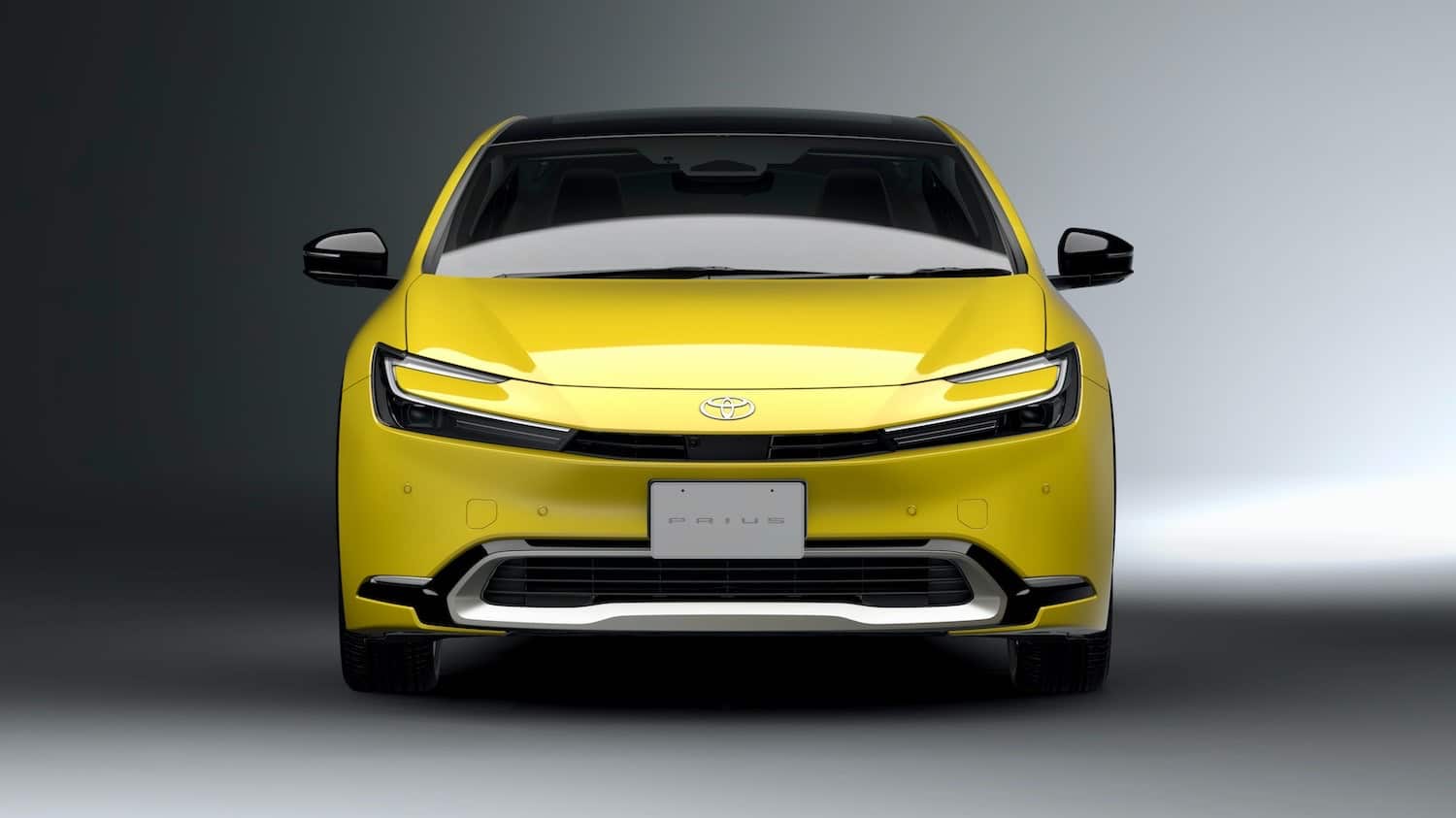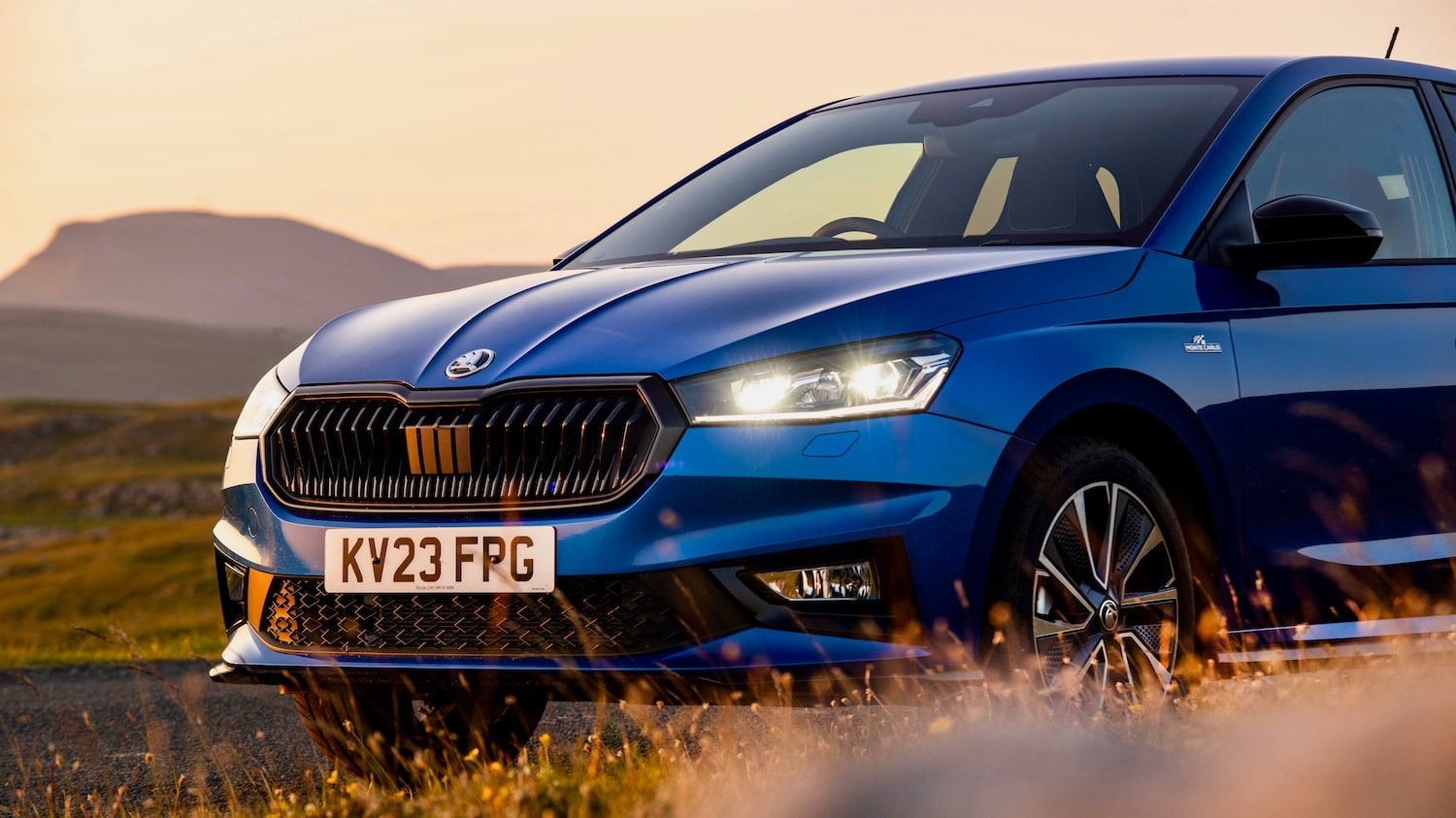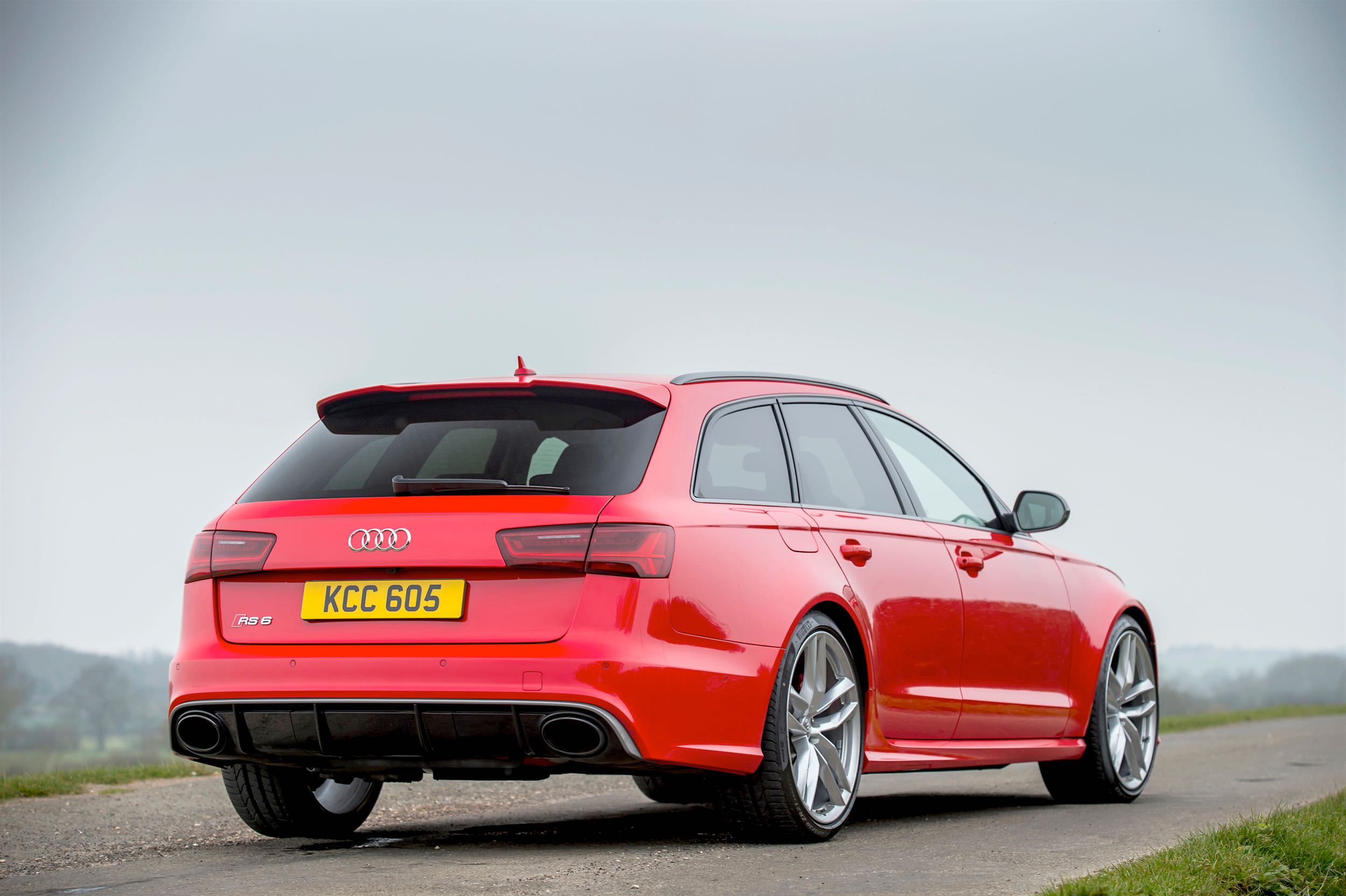“This is all the car that anybody could ever need,” said my driving companion at the wheel of the Audi RS 6 Avant Performance.


That says it all. Here you have supercar performance with the passenger comforts of a top-notch executive saloon and enough carrying capacity to shift a fridge. You’ve even got four-wheel drive to get you out of an awkward spot in winter. What more could anybody want?
Earlier versions of the RS 6 could be an embarrassment. One serene Sunday morning in Spring some years ago, I took the previous version, with V10 Lamborghini engine, down to my favourite spot on the riverside near us. The racket from the car’s massed ranks of exhaust tailpipes frightened all the birds on the mudflats into flight and turned disapproving human heads. It was like driving into a Buddhist meditation centre with the windows down and the stereo blaring hip-hop. Some cars these days are fitted with an amplifier that turns up the exhaust note. That RS 6 needed a silencer.
While you are giving it the order of the boot, you can practically hear all those computers rebooting and reorganising, while muttering “We’ve got a right one here.”It was also painfully uncomfortable. The side bolsters on the rally-style seats stuck out so far you had to contort your spine around them to seat yourself; and the suspension was set so hard that you took a bone-rattling thump like a kick in the arse from every irregularity in the road surface. I wouldn’t have wanted one of those RS 6’s for any money, still less the £100,000+ of new the car we were driving.
This one is an altogether different story. It has been civilised at the same time as it has been made completely outrageous.
In the first place, the seats are accessible without twisting yourself into an escapologist’s contortion. The interior as a whole closely copies the standard £30,000+ A6, which is no hardship; but that’s not the reason you are paying six figures if you buy the RS 6 Avant Performance.
The four-litre V8 biturbo engine is actually smaller in capacity than the earlier V10 but it puts out a monstrous 605PS and 700 Nm of torque which can be raised to 750 Nm under the driver’s control through an overboost function. That gives performance figures that are genuinely in the wig-ripping category – from standing start to 62 mph in 3.7 seconds and 0-100 mph in around 10 seconds. You are looking at figures faster than a Porsche Cayman S. Audi’s R8 supercar with V10 engine is only half a second faster to 60 mph; and that aluminium masterpiece of outright performance engineering and design is not propelling a full five-seater estate car that weighs almost two tonnes.
How do they do it? By busting their chops over the engineering and technology is the answer.

Standard kit includes Audi’s current eight-speed automatic gearbox with paddle controls and their quattro system of permanent four-wheel drive. Audi’s cylinder-on-demand system activates only four of the eight cylinders when under only part load, theoretically reducing average fuel consumption to around 30 mpg.
There may be times when you can’t believe it can possibly come out the other side in one piece; but, more than that, it emerges unflustered and ready for the next.A centre differential gives a 40/60 front/rear torque split in normal driving (so to speak) but it can send up to 70 per cent to the front wheels or 85 per cent to the rear wheels if that is called for by your driving style and road conditions.
Another differential distributes torque between the rear wheels, and a torque vectoring system will lay a touch of restraint on any of the four wheels that might be slipping out of control through corners.
Air suspension with Dynamic Ride Control similarly adjusts the ride height while the Drive Select system offers choices of Comfort, Auto and Dynamic modes.
The combined effect of all this super sophisticated technology is to perform a supernatural feat of keeping the RS 6 Performance on the road under control through corners that have been entered at a speed in keeping with its straight line performance. There may be times when you can’t believe it can possibly come out the other side in one piece; but, more than that, it emerges unflustered and ready for the next. While you are giving it the order of the boot, you can practically hear all those computers rebooting and reorganising, while muttering “We’ve got a right one here.”
The battle between the physics of motion and the capabilities of those controls inevitably produces inhuman, bloodless, somewhat robotic sensations. You can’t help but feel that it is the car, not the driver, in control of the machine under extreme stress.
That’s OK. Some compromise has to be inevitable in the composition of a car with such an extraordinary combination of qualities. In talking about a lack of feedback, communication and driver involvement in the RS 6 Avant Performance, one is only drawing a comparison with the most sensitive and refined supercars, not with a standard family estate – which is, after all, where it takes its origin.
It’s utterly bonkers that such a comparison should even begin to cross your mind; but that is where we are with this car.

2016 Audi RS 6 Avant Performance
On the road £84,675 with options as tested £102,295
PROS AND CONS: Colossal power √ Engineering Quality √ Civilised √ Still thinking X
FAST FACTS: Max speed: 155 mph with optional 174 or 189 mph, 0-62 mph: 3.7 secs, Combined mpg: 29.4
Engine layout: V8 4.0 TFSI, quattro tiptronic, Maximum power 605PS@6100-6800rpm, Maximum torque 700Nm@1750-6000rpm, CO2 223 g/km

No items found, please search again.
